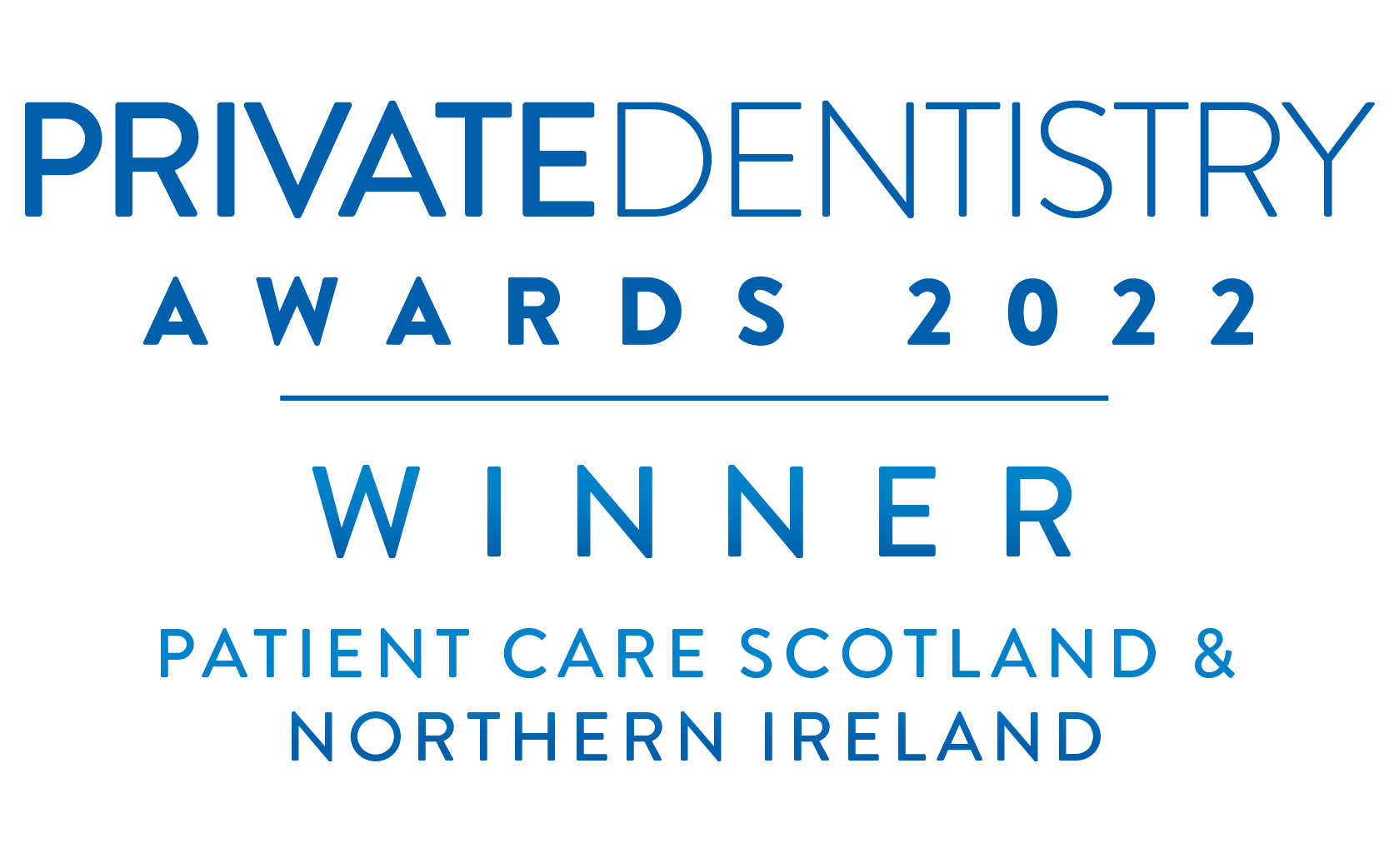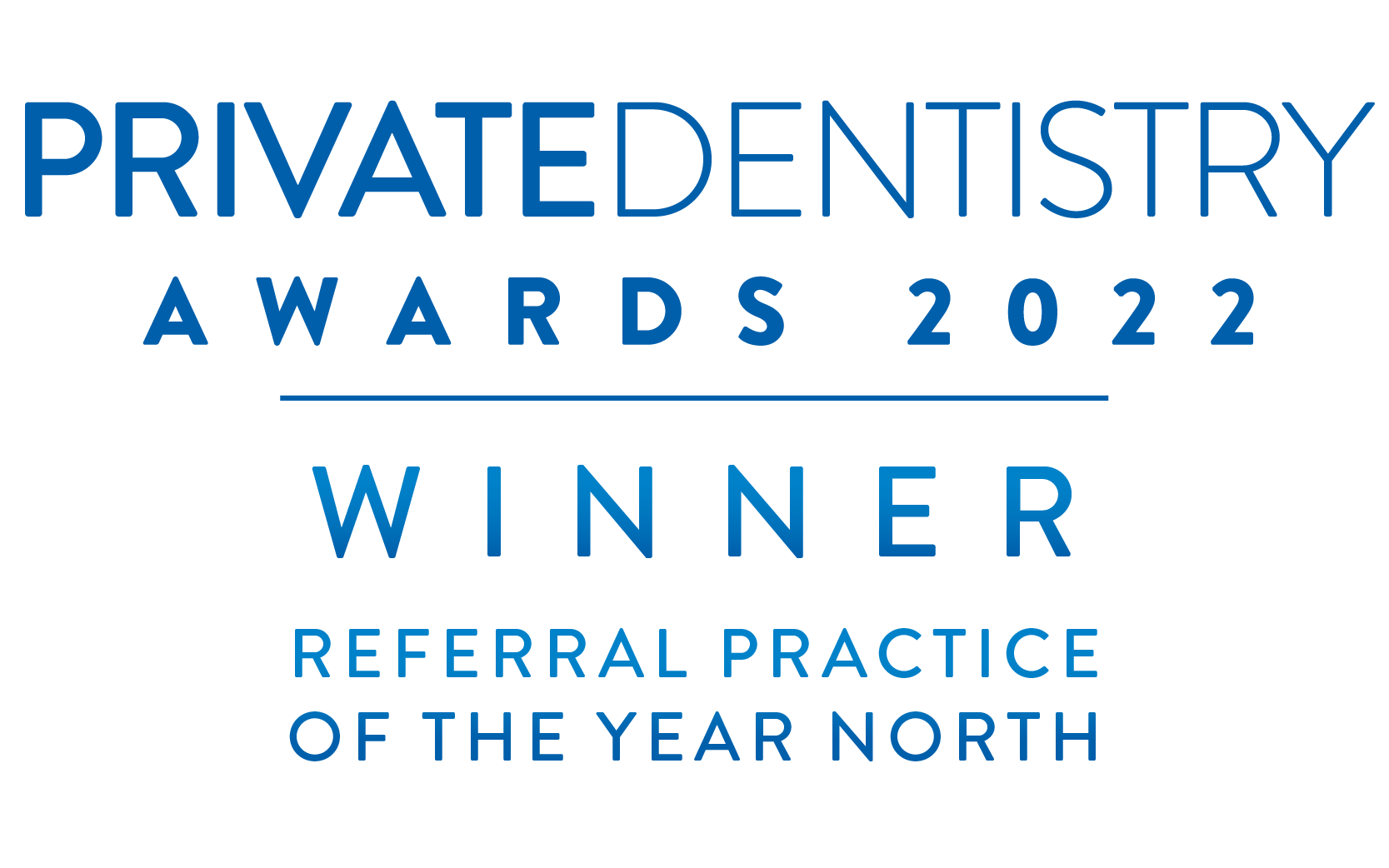Emerging Evidence of its Impact
Over a year into the Covid-19 pandemic, few of us are unaware of the immense and heartbreaking impact of this disease on individuals, families and communities. We have listened intently and responded dutifully as information emerged about who was at risk and the steps needed to ensure we keep ourselves and others safe. Perhaps you tried to modify your lifestyle, lose weight, do more exercise or stop smoking? But did you consider the benefits in maximising your oral health?
People are generally not so aware about the prevalence of, and the risk factors for, gum disease. However, gum (periodontal) disease is estimated to affect between 20 and 50% of the global population (Sanz 2010). Left untreated, gum disease can lead to bleeding gums, bad breath, loss of attachment of gum and bone to the teeth and ultimately tooth loss. It is also linked with serious medical problems in other parts of the body such as heart disease, strokes, diabetes and dementia to name just a few.
But surely, you may ask, there is no link between gum disease and Covid-19? Well, think again. There is a body of compelling evidence emerging to suggest there is.
The pandemic and resultant lockdown has not affected people equally. We know, for example, that the impact on young adults and those within sectors of the economy who are unable to work from home, has been greater both emotionally and financially than for older adults and those who can work remotely. In relation to the pandemic, British writer Damian Barr recently commented: “We are not all in the same boat. We are all in the same storm. Some are on super-yachts. Some have just the one oar.”
While some people may have been inspired to improve their health since the pandemic began, there is evidence that for others their health and wellbeing have been negatively affected, with reports of increased levels of stress and anxiety; poor diet; weight gain; and increased cigarette smoking and alcohol consumption. It is known that these same factors increase the risk of gum disease. Smoking, for example, is associated with a 2-8-fold increased risk of gum disease, depending on the definition of disease severity and smoking dose being measured Many of these risk factors for gum disease are also risk factors for Covid-19. There is, therefore, a potential indirect link between the two conditions, which so far has not been widely acknowledged or understood.
Of course, we must also factor into the equation the restriction in access to dental services as a result of Covid-19. This has resulted in gum disease going unnoticed or untreated. Fortunately, patients can do a lot at home to prevent and manage their condition. However, professional input to diagnose, support and educate people on how to prevent and manage gum disease is vital in tackling the condition. Ultrasonic instruments are an efficient and effective way for dental professionals to remove problematic bacteria and tartar and help patients manage their condition. However, these instruments generate aerosols, which may transmit viral particles through the air. While they can still be used safely, strict protocols must be followed by the dental practice, which lengthens appointment times, requires staff to wear specialist FFP3 masks and thus makes treatment more costly to deliver.
You may ask whether there are direct links between Covid-19 and periodontal disease. Well, we already know that both conditions share several risk factors, but is there something more fundamental that links the two conditions? We know that Covid-19 complications are caused by a severe inflammatory reaction, which shares some common biologic processes with gum disease. Patients with severe Covid-19 usually have an exacerbated immune response and may experience a ‘cytokine storm’, which can lead to multi-organ failure. It is hypothesised that inflammation as a result of gum disease may compound problems with an individual’s immune response. Another explanation may be that bacteria associated with gum disease enter the lungs of patients with Covid-19, creating a bacterial ‘superinfection’. There is already good evidence of a link between oral health and pneumonia with some studies suggesting one in ten pneumonia-related deaths in the elderly could be prevented just by improving oral hygiene (Sjögren et al. 2008).
A recent case-control study, which looked at the association between periodontitis and severity of Covid-19 infection, concluded that patients with Covid-19 and gum disease are: 3.5 times more likely to be admitted to intensive care; 4.5 times more likely to need a ventilator; and almost nine times more likely to die of their condition (Marouf 2021). The authors go on to suggest that successful gum treatment may help reduce this the risk. While more research is needed on this topic, early indications of a link are no surprise to those working in the field.
Emerging evidence, therefore, would suggest both an indirect and a direct link between gum disease and Covid-19. So, what is the best way to reduce your risk of gum disease and tooth-loss while also reducing your chances of having a negative outcome if you catch Covid-19? First, prevent gum disease starting in the first place. Most people can do this by:
- Removing bacteria (dental plaque) from your teeth by effective toothbrushing twice daily and cleaning in-between the teeth
- Having regular dental check-ups to highlight early signs of gum problems developing and prevent deterioration
- Making healthy lifestyle choices. For example: stop smoking; ensure a balanced and nutritious diet; maintain a healthy weight; do regular exercise; take measures to control and address stress; and ensure if you drink alcohol to do so only in moderation.
Using mouthwash has been promoted by some researchers as a means of reducing the risk of Covid-19 infection. While the evidence for effectiveness in human studies is sparse, there are lab studies that suggest some preparations can be up to 99.9% effective in killing the virus. The rationale and logic of a potential benefit is alluring. At the very least, regular use of mouthwash is unlikely to cause significant harm and it is cheap and readily available. However, it is important to make sure it is not seen as a substitute for effective tooth cleaning, which we know is critical for the prevention and management of gum disease.
But what if you already have gum disease? Luckily, for many people, effective treatment can be very successful. It is mostly so when treated early and when a careful maintenance plan is put in place involving regular and effective home care. Some people will still need and benefit from specialist support to manage their condition. If that applies to you, talk to your dentist or hygienist about what treatment would be best for you.
If you are referred to Vermilion, we can assure you of our expert advice and treatment. Get in touch to find out more at smile@vermilion.co.uk.
See Periodontal health for a better life for more information.








